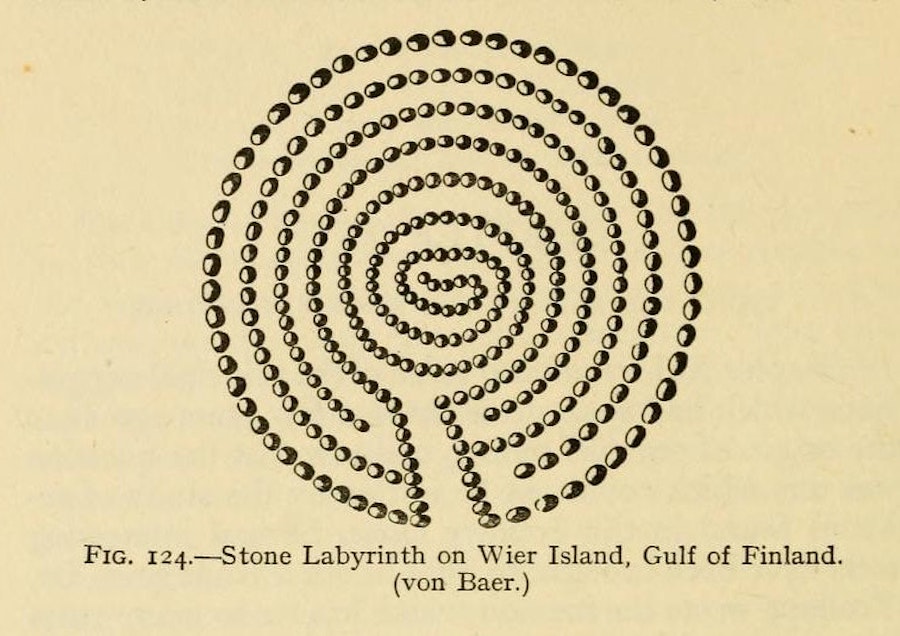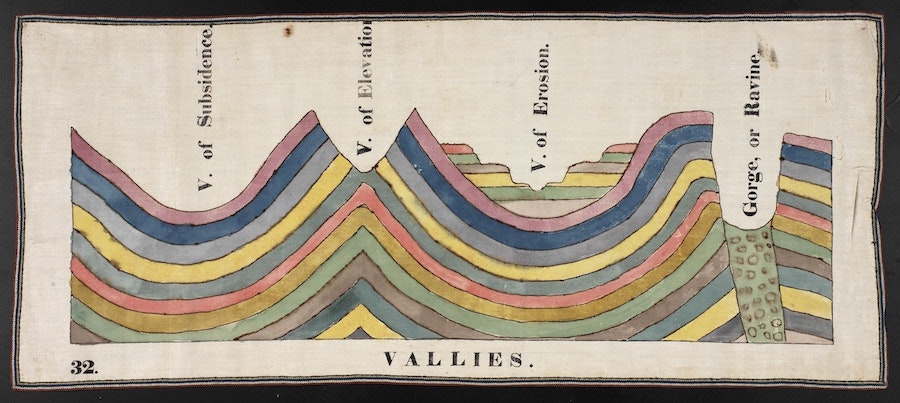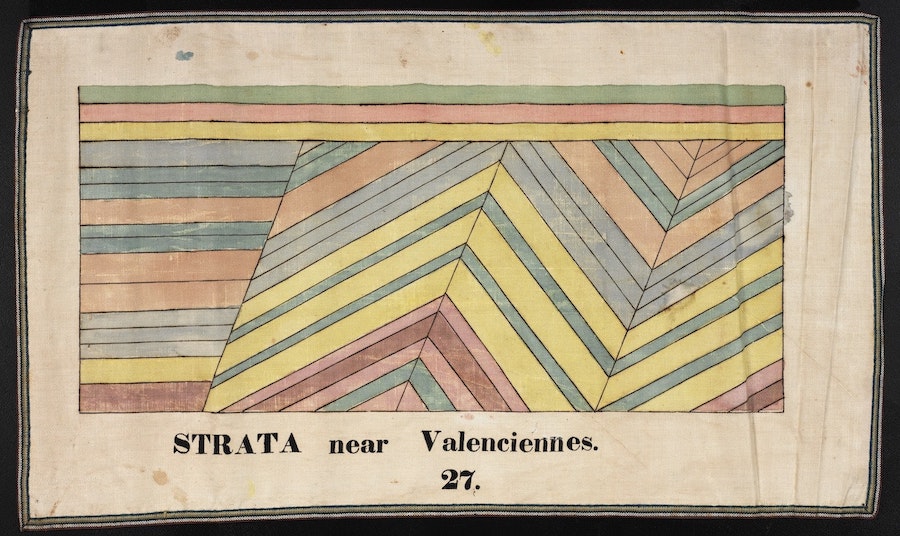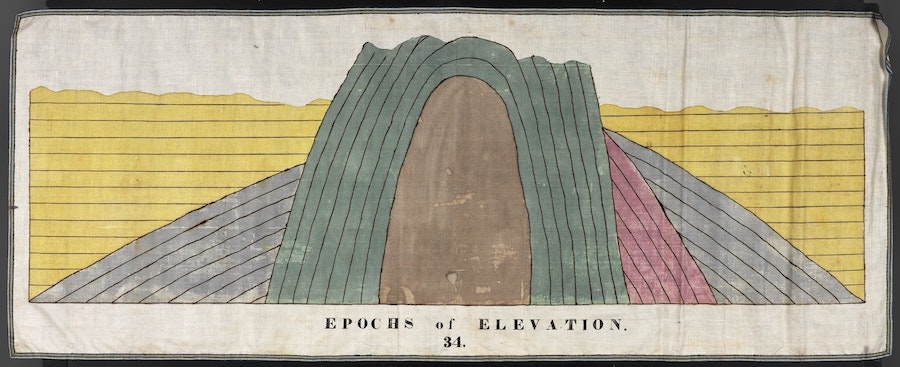I’m sitting in my studio apartment with my grey cat, Feathers. He sits quietly across my lap as I type, glancing nervously around each time the fireworks boom outside. I wasted all weekend trying to articulate what I’m looking for as BMR’s new creative nonfiction (CNF) editor, yet I haven’t found much luck. The noise of the fireworks breaks the silence, breaks my focus. The bursts of celebration begin to sound like taunts.
Earlier, I tried to catch a glimpse of the sparkling sky, but it was empty. Still, I can guess at the shapes from the sounds. The screeching one’s swirl upwards in spirals and burst as they scream. The big pops make immediate masterpieces, throw exploding pompoms into the air. My favorites sound like dazzling jazz; the sparks spread and multiply into crackling flashes of color.
Between the blasts, I look towards my favorite authors to label their best qualities. In James Baldwin, I admire caution; I slip into his consciousness as he carefully describes himself, memories, thoughts, images, and loved ones. He writes with a delicate, intimate knowledge of each detail. In Jo Ann Beard, I envy her ability to transform mundane scenes into magic – dying dogs and potty pads become beautiful through her use of language. She transforms a bleak evening into a plasma-streaked sky, one quieter and less colorful than mine. Maxine Hong Kingston writes her way into silence. She declares her determination to “name the unspeakable.” This phenomenon is a driving force in my own work…and probably yours, too. Writing is resistance to the narrative. It’s an interrogation of hidden truths, a refusal to bury the past. All my favorite CNF writers are experts in unveiling their own histories.
While I like work that might remind me of my favorite authors, I also enjoy fresh perspectives. I wouldn’t want any person to try and imitate someone else; it’s important for writers to be honest to their own aesthetics and viewpoints. Otherwise, the artist appears like a poorly disguised criminal inventing an alibi. Rather than launch investigations against such authors, I prefer writers who sound immediately like themselves.
A strong voice also stands out – but not in an awkward way. Instead, it should feel smart and deeply personal. It’s less that the essay has to be a genius reinvention of literature itself than that it must simply contain skillful language and authentic expression. A good author knows their subject and themselves intimately, and they can artfully render both through their unique telling of the material. In terms of material, I’m pretty open-minded, though I am a bit worn on war stories. I’d love to publish more work from the Southwest, as well as more BIPOC, women, disabled, and queer artists.
We’re always in big trouble if the dialogue isn’t believable. Also, essays that rely too heavily on dialogue to move the piece forward lack the depth and loveliness that reflection and description add…though some works can be too flowery, too. Generally, I love figurative language – metaphors and imagery and the like are wonderful – but I don’t want to be overrun by it and lose the plot.
I like softness within a rough world, delicate sentences tied together like ribbon on a ballerina’s slippers, their hurts like hidden warts. I want tight, close, personal snapshots of memory – I like a wrinkled fist gripping and spinning a reel on a fishing pole, spiraling black smoke from a burning schoolhouse, tall lovers leaned together over kitchen counters. I imagine fireworks lit by fingers that fumble between fuses, which sounds like clumsy runs across piano keys. If the author has not conceived it in specific detail, I have nothing to imagine.
Also, I like when writers play with form and genre, but I don’t mind traditional narrative design, either. Recently, I’ve read a lot of untraditional works, so I’ve actually been missing it. Time is cool to manipulate, too, but the movement through moments should feel seamless, not distracting. I don’t want to feel like I’m playing backwards hopscotch when reading an essay. Again, above all else, the writing needs to be purposeful and true. It should leave me a little scattered, unable to move back into real life. Instead, I want to linger in that author’s world, decipher what was said and why and how it relates to my own understanding of life. I want to publish work that is probing and impactful.
Finally, the noises of the fireworks have abated into the night, out of my head. Finally, my words have found their way onto the page.




